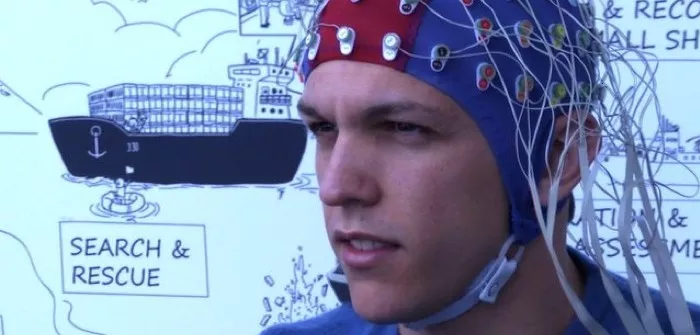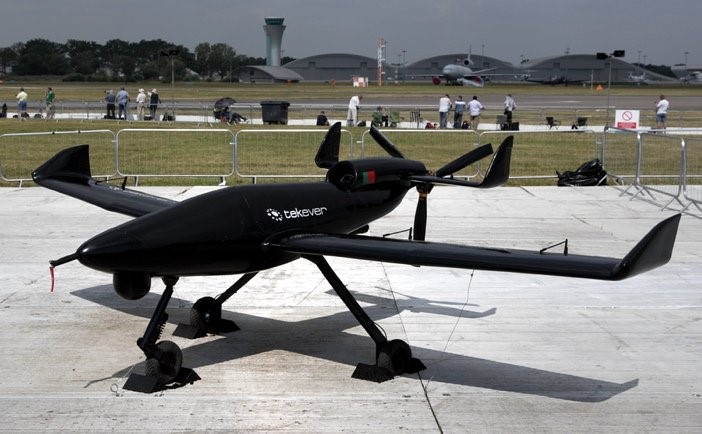Instead of remotely piloting drones with thumbs, one firm has developed the means to pilot them with brainwaves. Showcasing the new technology in Portugal this February 25th, tech and drone company TEKEVER stated that in the short term, the Brainflight project can be used to allow people with limited mobility — presumably amputees —the means of piloting the miniature aircrafts. But in the long term, the developers envision a robust application that could encompass larger jets such as cargo planes.

Brainflight is the cumulative effort of four organizations: TEKEVER, who served as the project coordinator; Champalimaud Foundation, also from Portugal; Eagle science, from the Netherlands; and Technische Universität München, from Germany. Together, they developed a method of remotely controlling UAV using techniques based on Electroencephalography (EEG) techniques.

EEG works by detecting voltage fluctuations that result from the ionic current that flows between the neurons of the brain. By converting this signal into a digital signal, pilots are able to teach their brains after months of training how to move a small virtual object on a computer screen up or down, which in turn steers a drone to left or right.
“We believe people will be able to pilot aircraft just like they perform everyday activities like walking or running,” state Ricardo Mendes, Tekever's chief operating officer. “We truly believe that Brainflight represents the beginning of a tremendous step change in the aviation field, empowering pilots and de-risking missions, and we're looking forward to deliver these benefits to the market with highly innovative products.”

Although Mendes remains optimistic to broaden the technology’s reach, a significant number of regulatory and public opinion obstacles remain. Speaking with the BBC, independent aviation consultant John Strickland, voice concerns that the industry would be unlikely to adopt such technology in the near future due to perception of it being relatively nascent and unsafe.
“This to me is certainly at the moment a bridge too far, You could get someone radically-minded who might say it, but I’d be surprised if anyone would do it.” Mr Strickland explained that the airline industry was currently focusing on other improvements, such as better materials and more economical engines.
Mendes added: “Technology is evolving, regulations are evolving. [Unmanned jets are] obviously going to happen. The question is not if, it's when.” It’s all a matter of high-risk and high-reward for the early stage investors.
When questioned about the technologies safety in light of the pilot experiencing a seizure, Mendes explains that there are overwriting algorithms in place to counteract such a thing.
Source: BBC
Advertisement
Learn more about Electronic Products Magazine





